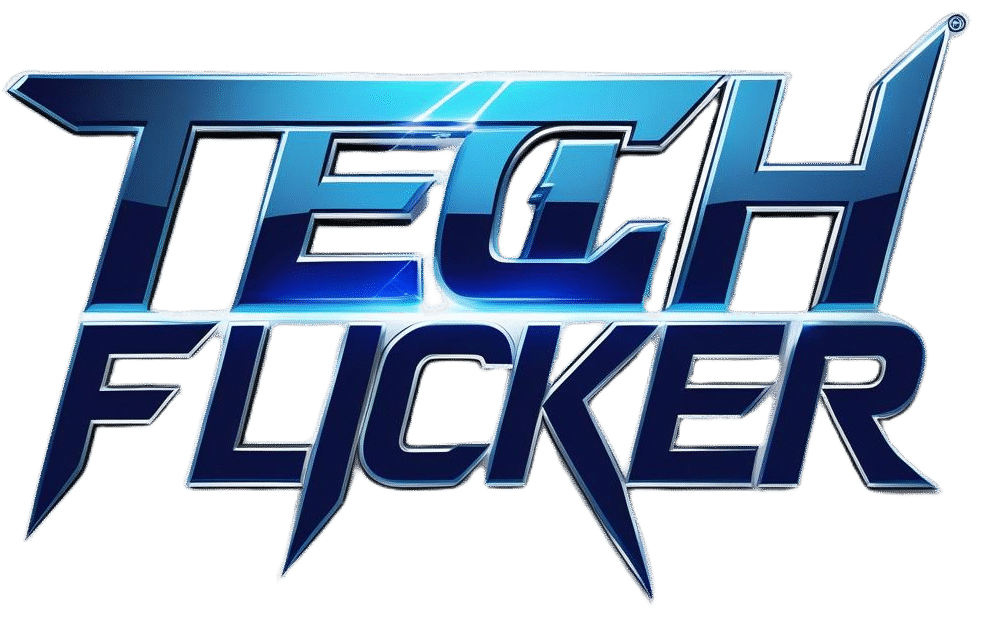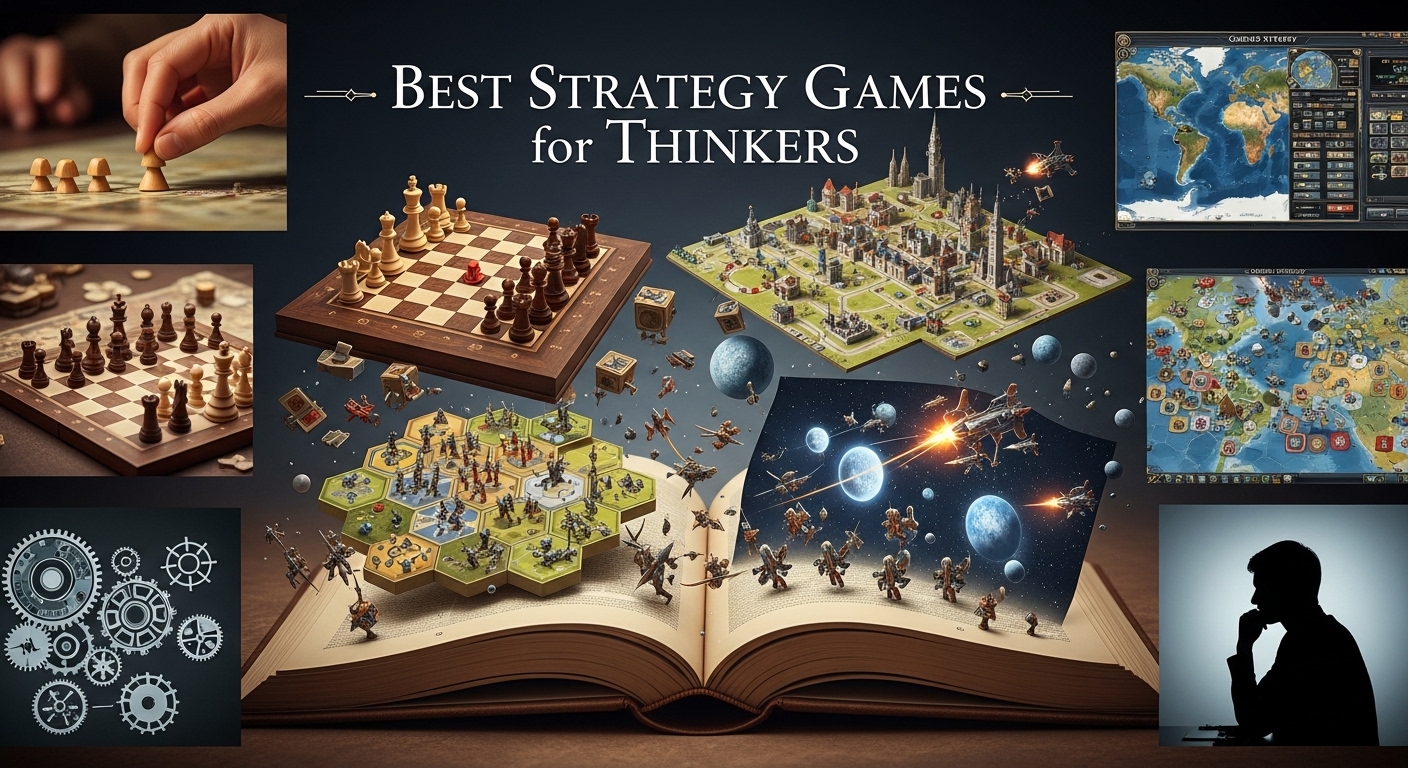Introduction
Gaming has grown from a niche pastime enjoyed by a limited group of enthusiasts to a global industry that shapes how people live, communicate, and create. What was once considered a simple leisure activity confined to arcades and early home consoles has evolved into an art form and social phenomenon that influences everything from fashion and music to film and television. The cultural impact of gaming is undeniable, and its role in shaping pop culture continues to expand with every passing year. To truly understand how gaming influences pop culture, it is essential to examine its effects across different creative, social, and entertainment domains.
The Rise of Video Games in Popular Culture
In the early days, video games were often seen as mere toys or distractions. Yet titles like Pac-Man, Space Invaders, and Super Mario Bros. quickly embedded themselves into mainstream culture. Characters such as Mario, Sonic, and Link became household names and cultural icons. Over time, the narrative and artistic value of games grew, shifting public perception from games being simple time-fillers to being powerful storytelling mediums. The sheer growth of the gaming industry into a multibillion-dollar market has solidified its place in cultural history. Just as Hollywood movies defined earlier eras, video games now play a central role in shaping the pop cultural landscape.
Gaming and Storytelling
One of the most significant ways gaming has influenced pop culture is through storytelling. Video games are unique because they allow players to actively participate in the narrative, creating a sense of personal investment that movies and television cannot fully replicate. Games like The Last of Us, Red Dead Redemption 2, and Final Fantasy series have set new standards for emotional depth and narrative structure. These games have not only won awards but have sparked debates on par with discussions of great films or novels. The way games craft interactive stories has inspired television adaptations, graphic novels, and even mainstream cinematic projects, further blurring the line between different art forms.
Gaming and Film Adaptations
The relationship between gaming and film is one of the most visible signs of its influence on pop culture. While early attempts at video game movies often struggled, the industry has recently witnessed successful crossovers. Adaptations such as Sonic the Hedgehog, Detective Pikachu, and The Super Mario Bros. Movie have achieved significant box office success. These films prove that gaming narratives and characters have become strong enough to carry global cinematic projects. Streaming platforms have also capitalized on the popularity of gaming franchises, with series like The Witcher and Arcane capturing audiences worldwide. This merging of mediums highlights the cultural weight video games now hold.
The Impact of Gaming on Music
Gaming’s influence stretches into the music industry, where soundtracks and collaborations create lasting cultural impressions. Early game soundtracks like those of Tetris or Zelda became iconic, and as technology improved, gaming music grew into fully orchestrated experiences. Franchises such as Halo, Final Fantasy, and Skyrim are celebrated not just for gameplay but also for their unforgettable scores. Gaming has also influenced popular musicians, with many artists referencing games in their songs or incorporating gaming visuals into their music videos. The popularity of rhythm games like Guitar Hero and Dance Dance Revolution also shaped music culture by bringing new genres and artists to mainstream attention. Today, live gaming concerts and symphony performances dedicated to game soundtracks are common, further embedding gaming into cultural consciousness.
Gaming and Fashion Trends
Fashion is another domain heavily influenced by gaming. Characters often sport distinctive styles that resonate with fans, and these aesthetics eventually translate into real-world trends. For example, the cyberpunk fashion inspired by games like Cyberpunk 2077 or the medieval fantasy looks inspired by Skyrim and World of Warcraft have appeared in streetwear and runway shows. Collaborations between gaming companies and fashion brands are increasingly common. Nike, Adidas, and luxury houses like Louis Vuitton have all partnered with game franchises to create limited-edition clothing and sneakers. These partnerships blur the line between virtual and physical fashion, showing how deeply gaming influences cultural style.
The Role of Gaming in Language and Memes
Gaming has also shaped the way people communicate. Phrases like “level up,” “boss fight,” and “game over” have become part of everyday language. Memes and inside jokes that originate in gaming communities often spread into wider pop culture, influencing online discourse. Games such as Among Us contributed phrases like “sus” to internet culture, which quickly became global slang. Memes inspired by gaming moments, characters, or glitches are constantly shared on social media, proving how games shape not only entertainment but also modern digital communication.
Esports and Mainstream Recognition
Competitive gaming, or esports, has become a cultural phenomenon in itself. Once viewed as a niche hobby, esports now rival traditional sports in terms of viewership and sponsorship deals. Tournaments for games like League of Legends, Dota 2, and Counter-Strike attract millions of viewers worldwide. The rise of esports stars, many of whom have fan followings comparable to professional athletes, demonstrates gaming’s mainstream influence. Esports have even been featured in major sporting events like the Asian Games, and discussions about including them in the Olympics are ongoing. This shows the profound cultural impact of gaming as a competitive activity.
Gaming and Celebrity Culture
The influence of gaming extends into celebrity culture as well. Famous athletes, musicians, and actors often openly share their love for games, sometimes even streaming on platforms like Twitch. Celebrities like Drake, Post Malone, and Travis Scott have embraced gaming culture, sometimes collaborating directly with developers. One of the most notable examples is Travis Scott’s virtual concert inside Fortnite, which drew millions of live viewers and became a landmark in digital entertainment history. These collaborations show how gaming is no longer separate from mainstream celebrity culture but rather a central part of it.
Social Connections and Online Communities
Gaming has transformed the way people socialize. Online multiplayer games like Fortnite, Call of Duty, and Minecraft create communities where people can meet, connect, and collaborate regardless of geography. These digital interactions often translate into real-world friendships, conventions, and even romantic relationships. Social platforms within games have created new ways of interacting, and the concept of the “metaverse” has its roots in the interconnectedness of gaming worlds. Gaming conventions such as E3, Gamescom, and PAX bring together thousands of fans who celebrate not just the games themselves but the shared culture that surrounds them.
Gaming and Technological Innovation in Culture
Technological advancements driven by gaming have also influenced pop culture. Virtual reality and augmented reality, first popularized through gaming applications, are now part of cultural conversations about the future of entertainment and social interaction. Similarly, the rise of streaming platforms such as Twitch and YouTube Gaming has reshaped how people consume content, with streamers becoming influencers who shape trends in language, humor, and even fashion. The accessibility of technology has made gaming a cultural gateway to futuristic innovations that eventually spread into other industries.
The Influence of Gaming on Art and Design
Visual arts and design have been deeply influenced by gaming aesthetics. The pixel art of early titles inspired a generation of digital artists, while modern games like Journey or Gris are recognized as interactive art pieces. Game-inspired fan art, cosplay, and digital creations thrive online, expanding gaming’s reach into creative expression. Art museums and galleries have even curated exhibitions focused on the cultural and artistic value of video games, legitimizing their influence in high art circles. The blending of gaming visuals with digital design trends has impacted advertising, film production, and even architecture.
Gaming and Literature
While often overlooked, gaming has influenced literature as well. Many franchises have expanded into novels, comics, and graphic novels that build upon game universes. The Halo, Assassin’s Creed, and Mass Effect series, for example, all have extended storylines in written form. Writers increasingly borrow narrative techniques from gaming, such as branching storylines or immersive world-building. The rise of interactive fiction and visual novels also shows how literature and gaming intersect to create new storytelling experiences that resonate within popular culture.
Gaming and Youth Culture
The impact of gaming is especially prominent among younger generations, who grow up with games as a normal part of life. For many, gaming is not just a hobby but a defining aspect of their cultural identity. Young people express themselves through game-related clothing, online avatars, and shared gaming experiences. This generational shift ensures that gaming will remain at the forefront of cultural influence for decades to come. The acceptance of gaming as a normal social activity contrasts with earlier stereotypes of isolation and addiction, showing how perceptions of gaming have evolved within popular culture.
Gender and Diversity Representation in Gaming Culture
Pop culture shaped by gaming has also opened discussions about diversity, representation, and inclusivity. As games reach global audiences, players demand representation that reflects their identities. Female protagonists, LGBTQ+ characters, and diverse cultural backgrounds are increasingly present in games. This push for representation impacts not only the gaming industry but also wider cultural conversations about identity, inclusivity, and media portrayals. As culture evolves, gaming acts as a mirror of societal values and sometimes a force that challenges stereotypes and pushes for broader acceptance.
The Influence of Gaming on Education and Learning Culture
Another cultural shift brought about by gaming is its role in education. Games are often used to teach history, strategy, and problem-solving. Minecraft, for example, is widely used in classrooms to teach creativity and collaboration. Serious games designed for learning purposes have become part of educational culture, blending entertainment with intellectual growth. This influence reaches beyond traditional schools into professional training and skill development, reshaping how culture views both work and play.
The Crossover of Gaming and Sports Culture
Sports and gaming culture have become increasingly intertwined. Sports franchises like FIFA and NBA 2K allow fans to engage with their favorite sports virtually, creating new ways of experiencing athletic culture. Athletes themselves often participate in gaming, further merging these worlds. The concept of fantasy leagues and sports management simulations also emerged from the intersection of gaming and sports. These crossovers continue to expand as esports and sports entertainment share audiences and influence each other’s cultural spaces.
Gaming and the Future of Pop Culture
Looking ahead, gaming will only deepen its cultural influence. With the rise of artificial intelligence, virtual reality, and the metaverse, gaming is set to redefine entertainment and human interaction on an even larger scale. As boundaries between reality and virtual spaces blur, gaming will shape how people consume media, express identity, and build communities. The cultural shifts brought about by gaming are no longer secondary but central to how society functions. Gaming is not just part of pop culture; it is actively building the foundation of pop culture’s future.
Conclusion
From its humble beginnings as pixelated entertainment to its current status as a global cultural force, gaming has fundamentally reshaped pop culture. Its influence is evident in storytelling, music, fashion, film, language, and even education. Gaming has created shared experiences, new communities, and artistic innovations that extend far beyond the screen. It is not merely a form of entertainment but a cultural engine driving trends and conversations around the world. As gaming continues to evolve, its impact on pop culture will only grow stronger, making it one of the defining cultural movements of the modern era.

